
Developer: Big Blue Bubble
Publisher: Big Blue Bubble
Platform: PC, Switch
Tested on: PC
Power Chord – Review
Deck-building in games is becoming a more and more common mechanic. Sometimes it’s combined with other game genres, but sometimes the deckbuilding revolves entirely around a card game. So far, we’ve seen a digital version of Magic: The Gathering and the much-appreciated Hearthstone, but we’ve also seen exciting developments with games such as Slay the Spire or, a bit more recently, Fights in Tight Spaces. Each of these games tries to bring its own style to the table, and the latest we got our hands on is Power Chord.
Story
Many ages ago, the demon world and “our world” were connected by a fracture in time and space. Ancient heroes took it upon themselves to fight back the hordes of demons and successfully crafted a special guitar named the Chronocaster, which could be used to seal the rift at the top of a tower. While it was a success, some demons lingered around and the Chronocaster was never found. Now, the demons are making a final push toward the tower to find the Chronocaster and open up the hellish gate once more. In Power Chord, players take control of a demon-battling literal band of heroes, each with unique strengths. Your job is to stop the biggest and baddest demons from succeeding, keeping the fracture closed and the world safe. To guide you through the rest of the story and the gameplay, the game gives you some cutscenes at major milestones, as well as a very slow start of the game to get you up and running.
Graphics
Power Chord’s biggest point of marketing is that it has a unique style. It’s a bit as if Guitar Hero and Borderlands had a baby, bringing forth some visually strong characters on a music stage. The fights, cards, and cutscenes all have a strong, admirable style buttered up with some metal cliches while still being something seemingly unique. What’s less interesting is that the fights all seem to take place in the same location as long as you are fighting toward a single boss, which makes the game feel less refreshing than those with different biomes.
Sound
The soundtrack in Power Chord is rather nice but it manages to make the game not feel fully metal. Aside from some guitar-rich music, there are grunts and guitar sounds while attacking and taking hits. All the ingredients are there but for some reason, we felt slightly disappointed listening to the sounds. It has a bit to do with the volume, but also with the harshness of the music. It does not feel metal enough. It’s like there’s a single guitar song playing rather softly in the background during a fight while you are playing the game, and it just feels like it could have been more brutal.
Gameplay
Power Chord is a turn-based deck-building game and essentially gives each character in your four-person band their own deck of cards. Your yellow (support) character can only use yellow cards, your blue (tank) character can only use blue cards, while purple and red are attackers. This also means that if one of your members dies, you get cut off from all the cards they could use, so it’s in your best interest to keep everybody alive. If somebody does die, however, it’s not the end of your run. If all members die, it is.
Players can follow a branching path with a couple of different starting points to add a rogue-lite element to the deck-building. There are reasonably balanced groups of enemies and elite groups of enemies that give you different bonus cards which you can add to your deck, there’s a shop where you can spend coins gathered from fights, events that present you with a choice, treasure chests that give you band gear to enhance your team, and boss fights which signal the end of one of four branching runs. Lastly, there are points where you can heal band members or revive a slain member, but you can only pick one. Complete the branching paths toward four different bosses in a row and you win the game.
As with a lot of deck-builders, it’s all about synergy and the right choices toward the best risk-reward possibilities. If you fight too few enemy groups, you might not have as many cards in your deck as you would like. If you fight too many, you are dead before reaching a boss or lack the health to finish. Fighting in Power Chord is also a lot about balance. If you try to kill enemies too fast you leave yourself open to damage. Build up too many defenses and the enemies get momentum to grow stronger. Every character has armor and health. Some skills will hit health directly, but most will require you to break armor first. Ideally, you try to get stronger and gather stacks of buffs to deal increasing amounts of damage, or you’ll support yourself with bigger stacks of armor. This works quite well for the game, though new enemies get introduced rapidly, soon leaving you with nothing but a run to repeat and new characters to unlock. After a while, this makes fights increasingly boring, which we found a bit disappointing. Overall the formula for Power Chord works very well though and it will provide you with fun for at least a few hours.
Conclusion
Power Chord is a fun deck-building game with a strong visual approach. The game has a lot of good in it, but after a while, it also only has you repeating the same type of fights until you finish all four bosses in a row, which can make it a bit boring over time. If you like a more casual deck-builder where you don’t need to think too much though, Power Chord might be what you fancy.
Power Chord - Review,
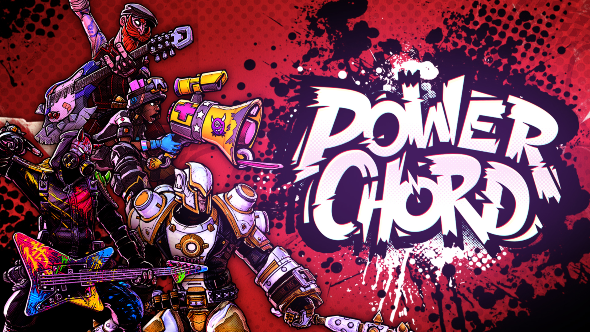
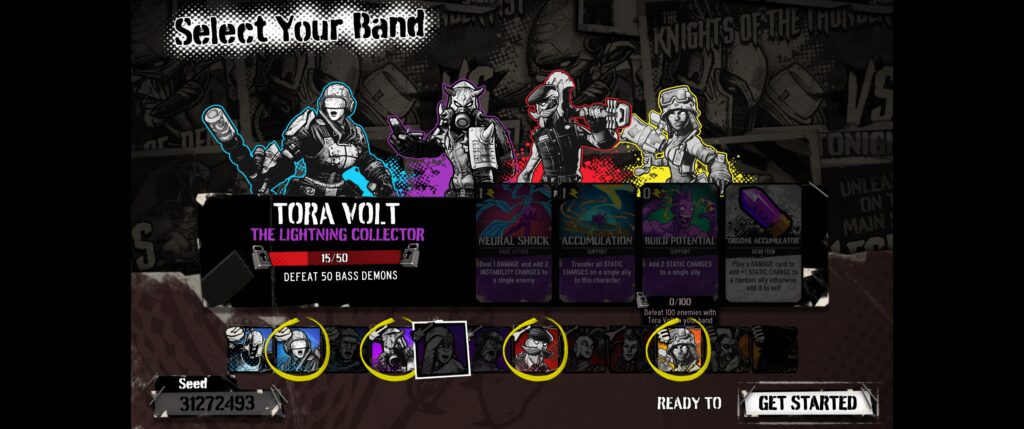
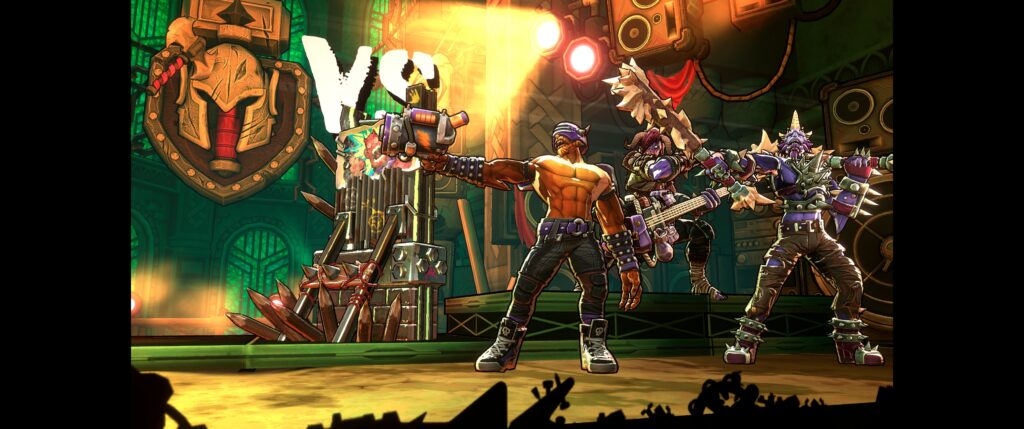
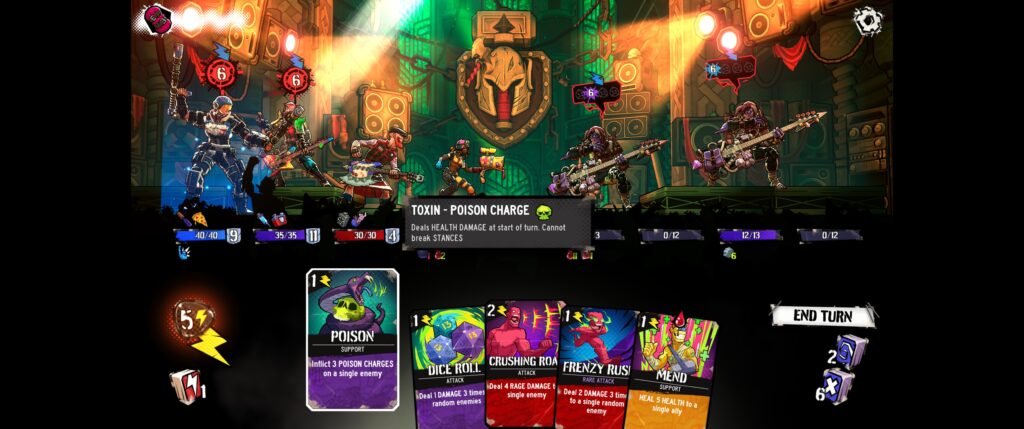
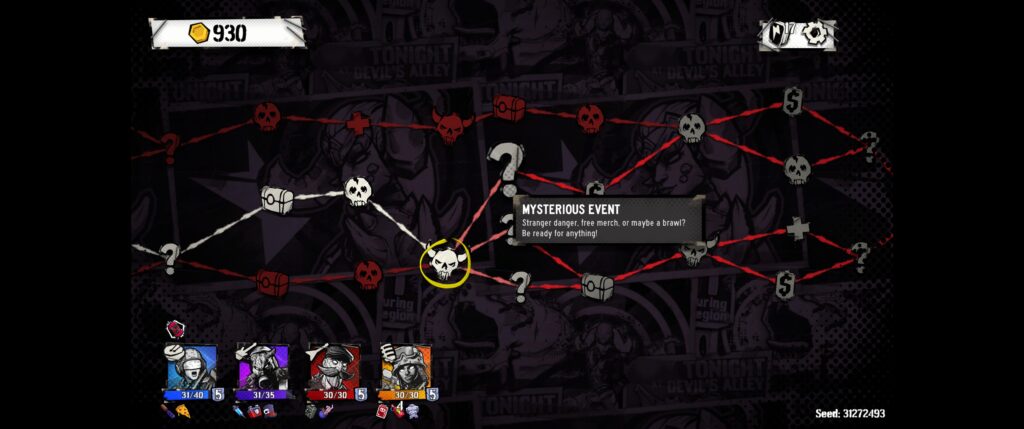
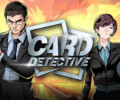

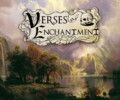
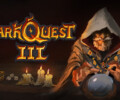
No Comments